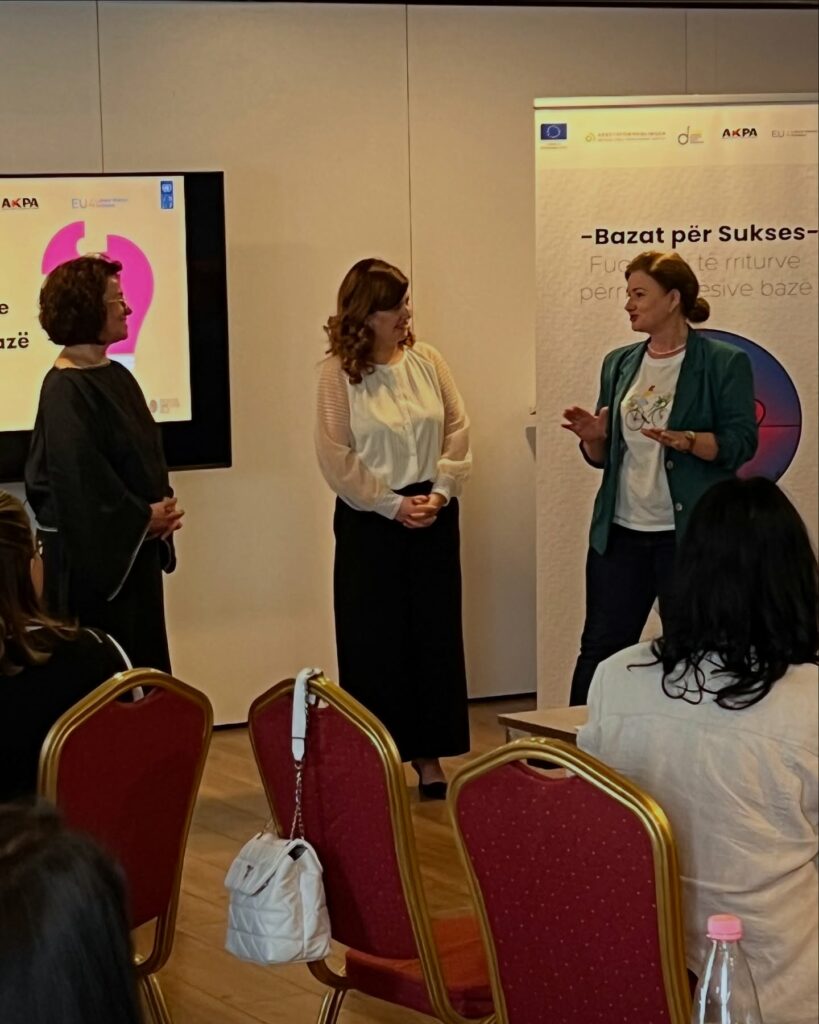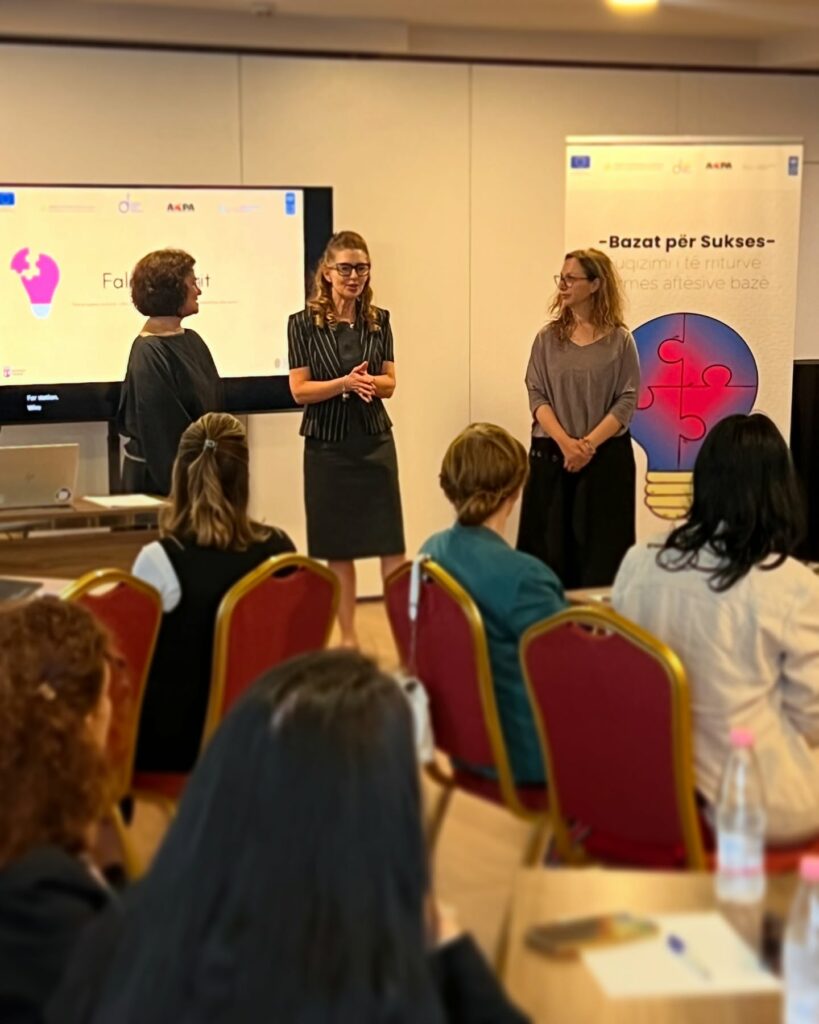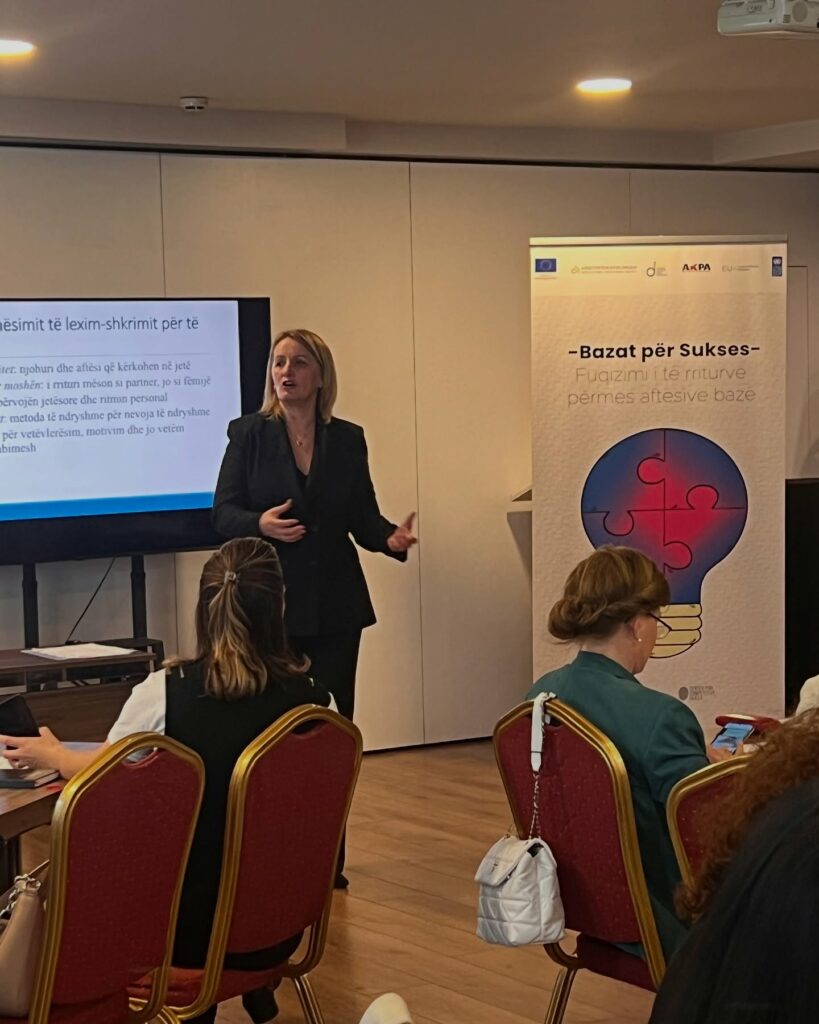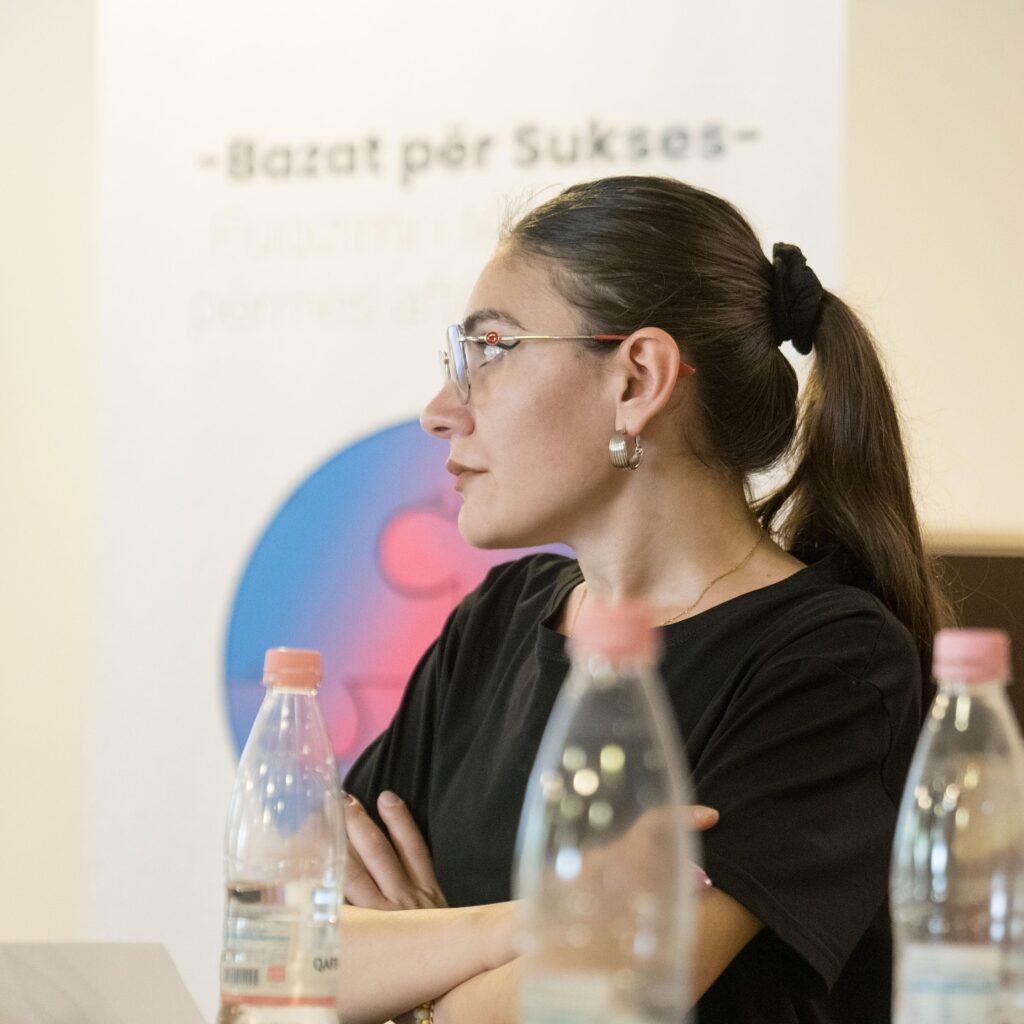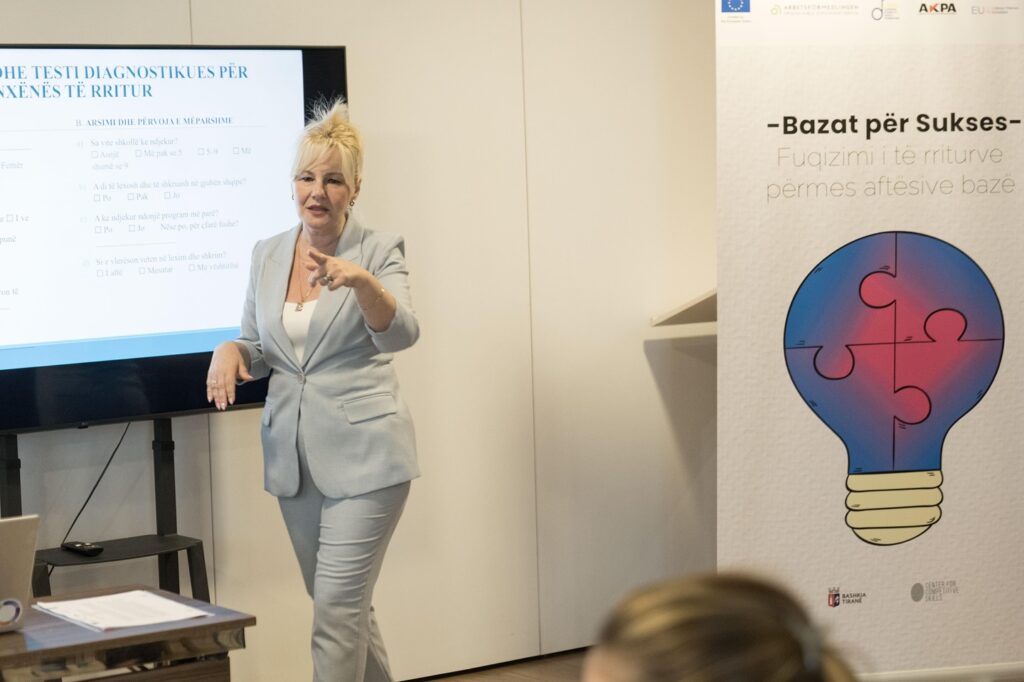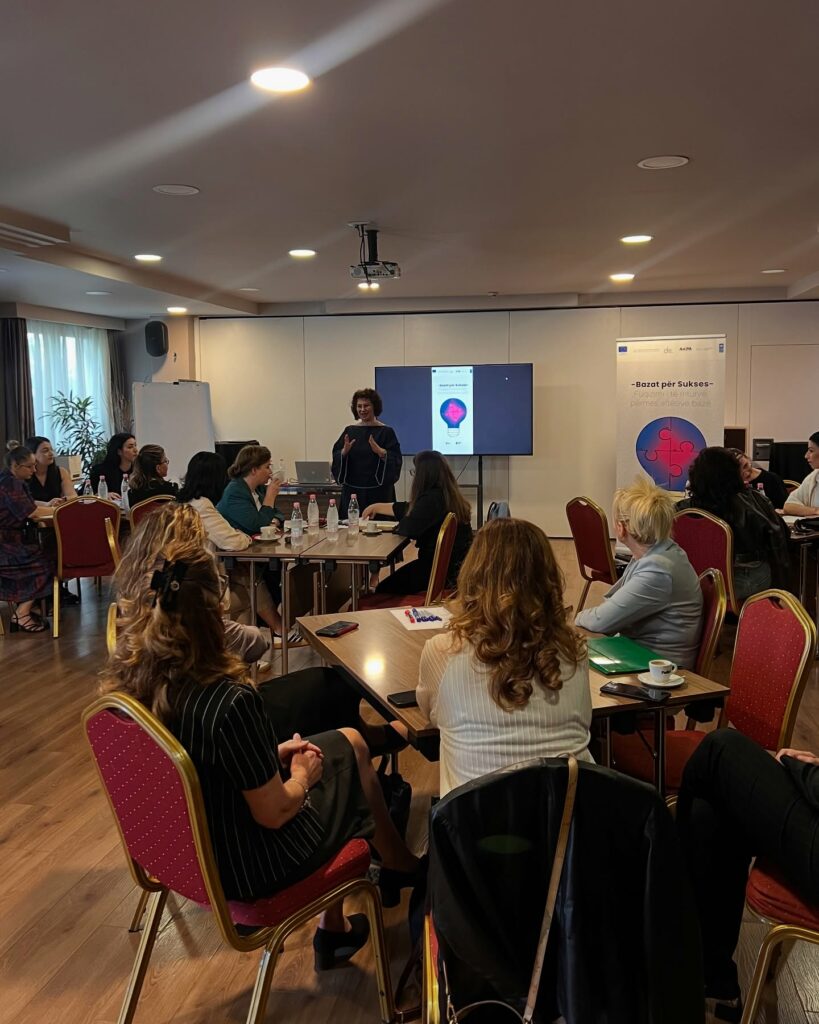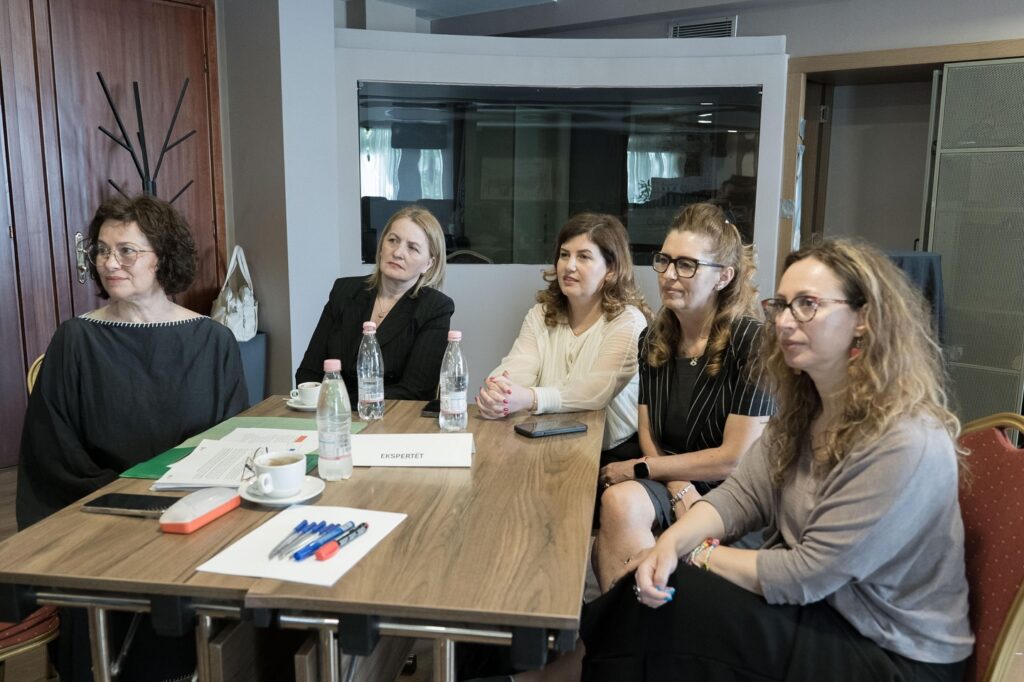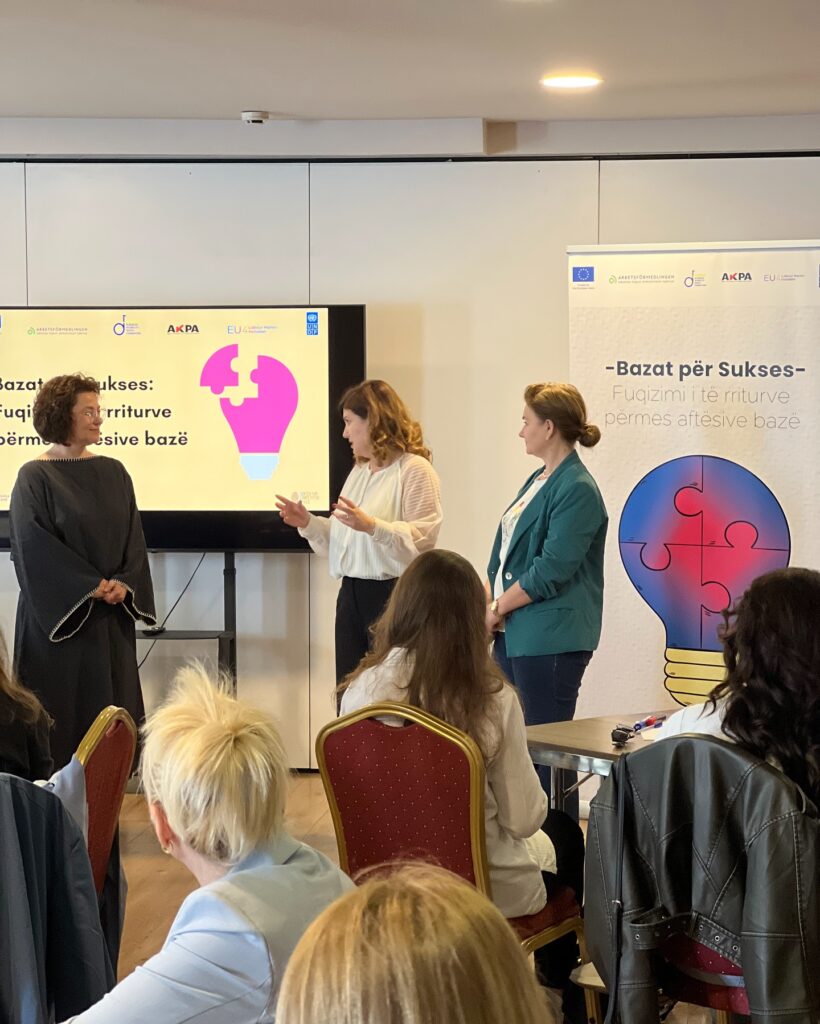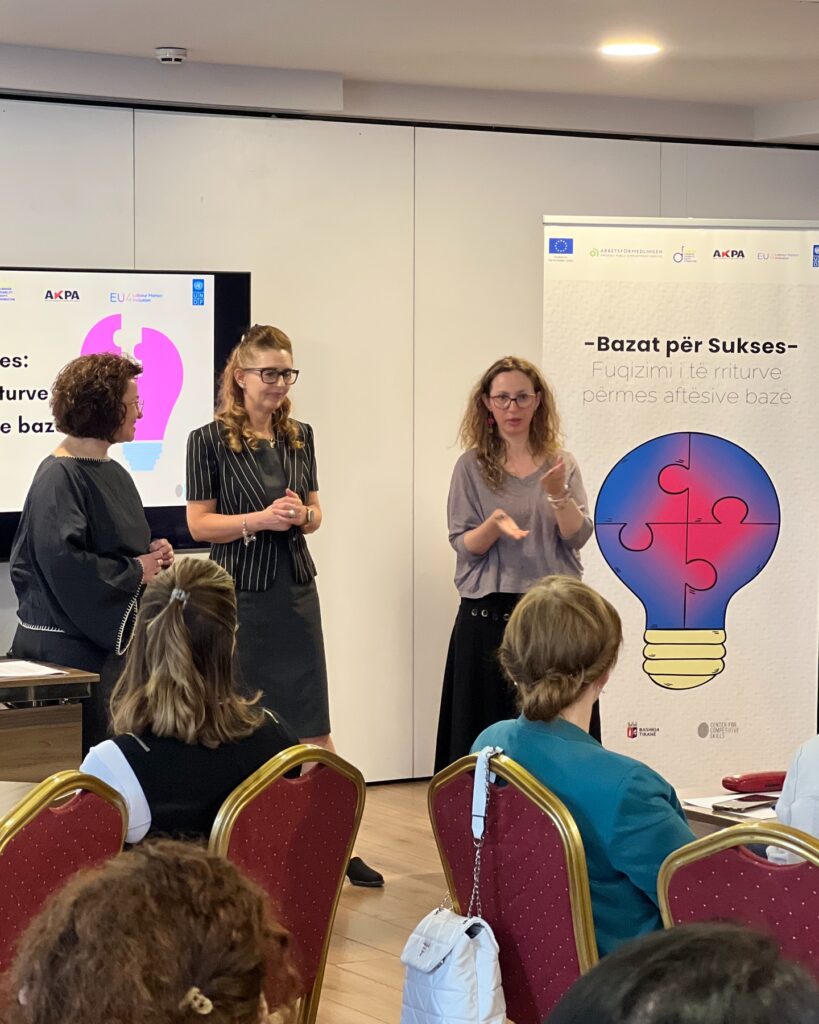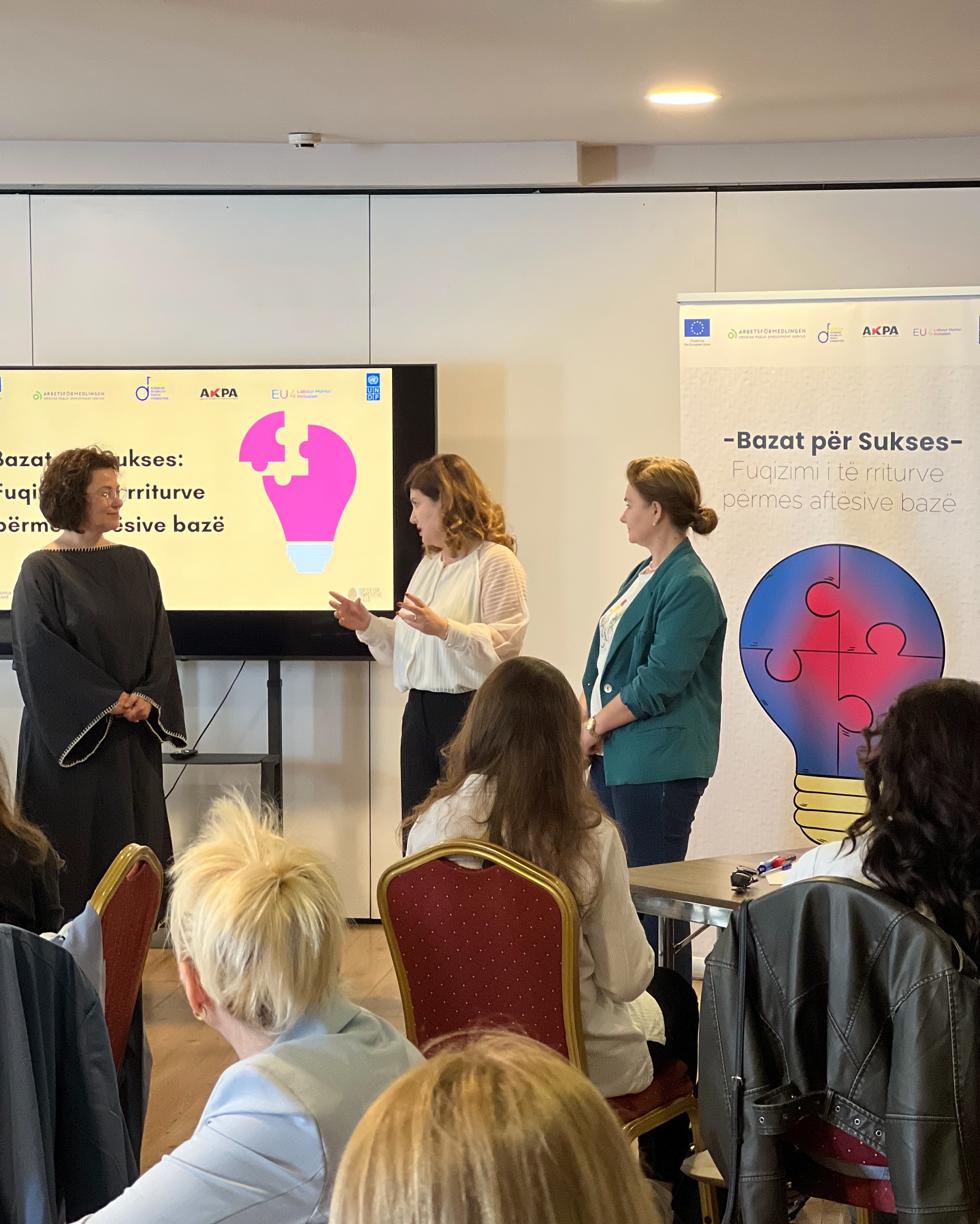
Center for Competitive Skills ( Center) for Competitive Skills – CCS), in partnership with the Municipality of Tirana , will implement the project “Foundations for success” over a 15-month period , aiming to improve the basic skills of vulnerable groups in Tirana and Shkodra. The project focuses on developing skills in reading, mathematics and digital technology , accompanied by psychosocial support and career guidance .
Foundations for Success: Empowering Adults through essential Skills implemented by the Center for Competitive Skills in cooperation with the Municipality of Tirana is within the framework of the EU project on Labour Market Inclusion funded by the European Union and implemented by UNDP Albania, the Swedish Public Employment Service and the Albanian Foundation for the Rights of Persons with Disabilities (FSHDPAK) in partnership with the National Agency for Employment and Skills.
Project purpose
To empower individuals who face difficulties in entering the labor market, by providing them with tailored training for the development of basic skills and support for further inclusion in education, vocational training and employment.
Period: March 2025 – May 2026 (15 months)
Groups benefiting from the project
Number of beneficiaries: 200 people (140 in Tirana and 60 in Shkodra)
What does the project offer?
Expected results
Why is this project important?
Albania is facing a high level of youth out of education and employment. This project directly addresses the lack of basic skills, self-confidence and orientation for a more secure professional future. It also creates bridges of cooperation between local and central institutions, with the aim of building a sustainable and appropriate model for communities in need.
How will it be accomplished?
The project implementation will take place in three training cycles , each lasting three to four months . Participants will be divided into small groups of 10-14 people (about 6 groups/cycle), enabling a more focused learning process and tailored to individual needs. The trainings, based on the SCUL program , will be held three times a week in community spaces in Tirana and Shkodra, offering an accessible and inclusive environment. To strengthen the learning process and increase flexibility, the trainings will be complemented by distance learning through the SchoolMe digital platform , which allows participants to continue their development even outside of training hours.
initially assessed to determine their level in reading, mathematics and technology, and then will follow a program tailored to their needs. In parallel, psychosocial counseling and career guidance sessions will be offered , led by trained psychologists and mentors, to address emotional barriers and help participants build a realistic plan towards education or employment.
This approach aims not only to improve the employability and social inclusion of beneficiaries, but also to strengthen the capacities of local and central institutions to support these groups in a sustainable and repeatable manner.
